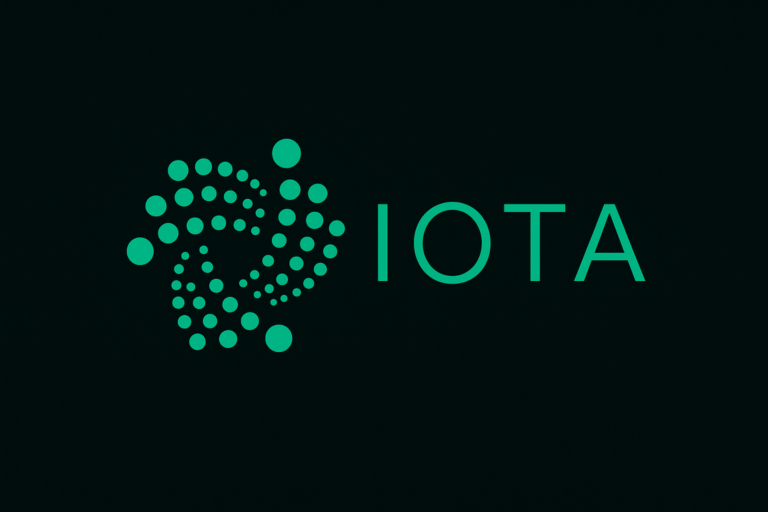
High rank military commanders and politicians authority people discussing strategy sitting at round table. Big war room world map. Conference hall, boardroom or meeting room. Flat vector illustration
In a significant move that highlights Michigan’s growing engagement with the cryptocurrency landscape, state lawmakers recently introduced a package of four bills targeting various aspects of crypto regulation and adoption. These proposals tackle a range of issues, from incorporating cryptocurrencies into state retirement portfolios to regulating digital currencies and unlocking innovative mining opportunities on abandoned oil and gas sites.
Crypto Investments for State Retiree Funds
On May 21, Republican Representative Bill Schuette unveiled House Bill 4510, aiming to modernize the state’s Public Employee Retirement System Investment Act. The bill proposes granting Michigan’s state treasurer—currently Rachael Eubanks—the authority to include cryptocurrencies as an eligible asset class for the state’s pension funds. However, to qualify, the cryptocurrencies must maintain an average market capitalization exceeding $250 million over the past year.
Currently, this threshold narrows the eligible crypto assets to Bitcoin (BTC) and Ethereum (ETH), the two most established cryptocurrencies by market value. The bill also stipulates that any crypto holdings should be acquired through exchange-traded products (ETPs) issued by registered investment companies, providing an additional layer of regulatory oversight and investor protection.
This effort follows a similar proposal introduced earlier this year that would allow the state to allocate up to 10% of its Budget Stabilization Fund into cryptocurrencies—signaling growing confidence in the long-term potential of digital assets within Michigan’s financial strategy.
State Lawmakers Push Back Against CBDCs
Meanwhile, another bill filed on the same day, HB 4511, takes a firm stance on digital currencies issued by central banks, commonly known as Central Bank Digital Currencies (CBDCs). Spearheaded by Republican Representative Bryan Posthumus, this bipartisan bill aims to prohibit Michigan from banning cryptocurrencies outright or imposing licensing requirements on crypto holders within the state.
Crucially, it also prevents state officials from advocating or supporting any federally proposed CBDC initiatives. The bill specifically defines such advocacy as issuing memorandums or official statements endorsing the testing, adoption, or implementation of CBDCs. This legislative effort highlights ongoing skepticism and concerns about the potential implications of federally controlled digital currencies, especially around privacy and governmental overreach.
Innovative Crypto Mining on Abandoned Energy Sites
On the mining front, Democratic Representative Mike McFall led a bipartisan group to introduce two related bills that could transform Michigan’s approach to Bitcoin mining.
House Bill 4512 proposes establishing a Bitcoin mining program designed to utilize abandoned oil and gas extraction sites across the state. This novel initiative envisions repurposing these dormant industrial locations as energy hubs for crypto mining operations, potentially turning environmental liabilities into economic assets.
The bill outlines that a designated supervisor would assess each site to estimate any remaining oil or gas reserves, identify the last operator, and determine the length of inactivity. Mining applicants would need to submit detailed legal and operational documents proving their ability to conduct mining profitably, including breakeven cost estimates.
Complementing this initiative, HB 4513 proposes amending Michigan’s income tax laws to encompass revenue generated from Bitcoin mining activities under the new program. This adjustment would formalize taxation rules for this emerging industry sector and ensure state revenue streams keep pace with innovation.
What These Bills Signal for Michigan’s Crypto Future
Taken together, these four bills paint a picture of a state eager to embrace cryptocurrency with a mix of openness and caution. Allowing retirement funds to invest in top-tier cryptocurrencies reflects growing institutional acceptance, while resisting federal CBDC promotion signals wariness of government-controlled digital money.
Perhaps most striking is the creative approach to Bitcoin mining by reusing abandoned oil and gas sites, which could serve as a model for combining sustainability and blockchain innovation. As Michigan navigates the regulatory challenges and economic opportunities presented by crypto, these bills mark important steps toward shaping a balanced, forward-looking state crypto policy.
Whether these proposals will pass through Michigan’s legislature remains to be seen, but their introduction alone underscores the increasing role that digital assets are playing in public policy debates at the state level.




